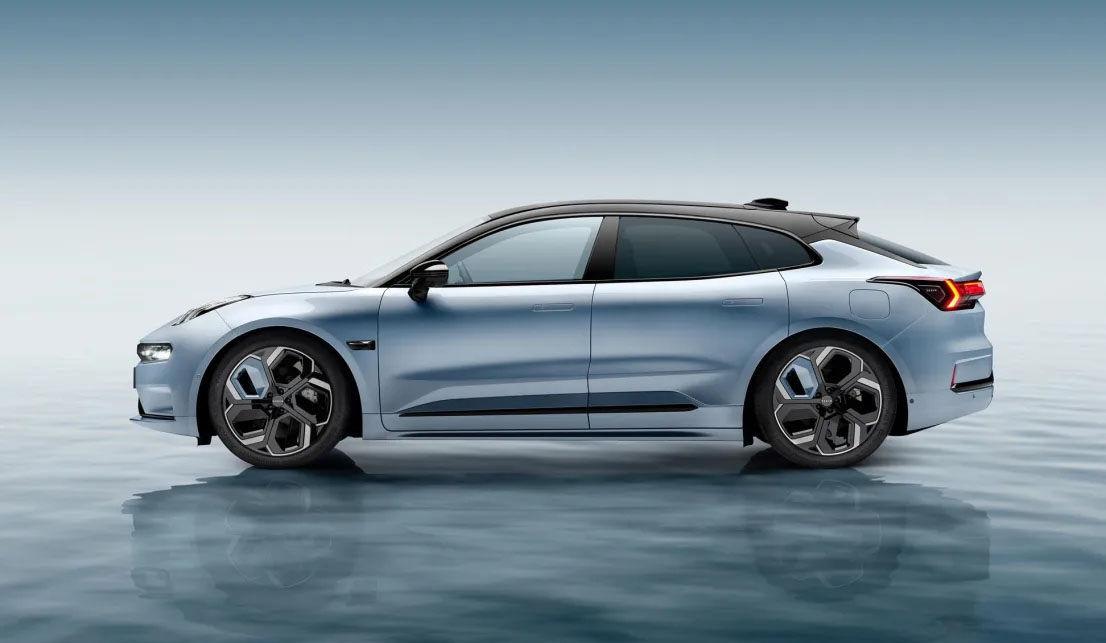Photo Credit: Getty Images
The European Union has ignited a fierce debate in the automotive industry with its recent announcement of potential tariffs on Chinese electric vehicles (EVs). Set to take effect from July 4, 2024, these tariffs could reach up to 38%, marking a significant shift in the EU's approach to its burgeoning EV market.
The European Commission, which initiated an investigation last October, claims that Chinese EVs are flooding the European market at artificially low prices due to government subsidies. This, they argue, poses a threat to the EU's own EV industry. The proposed tariffs vary, with an average of 21% for manufacturers who cooperated with the investigation and a steeper 38.1% for those who didn't. Specific rates have been set for major players like BYD (17.4%), Geely (20%), and SAIC (38.1%).
The decision has drawn criticism from multiple fronts. China has condemned the move as "protectionism," warning of potential damage to China-EU economic relations and global automotive supply chains. Within the EU, Germany's Transport Minister, Volker Wissing, expressed concerns about a potential trade war with Beijing. Industry reactions have been mixed, with some European automakers emphasizing the importance of free trade, while others call for a comprehensive EU industrial policy to address global competition.
The impact of these tariffs on the EV market could be significant. Chinese automakers will face a challenging decision: absorb the additional costs or raise prices, potentially undermining their competitive edge in Europe. Some brands, including MG and Nio, have already hinted at potential price increases later this year. This situation could spur Chinese manufacturers to consider establishing production facilities within the EU to circumvent the tariffs, despite higher labor and manufacturing costs.
Critics argue that increased EV prices for European consumers could hinder the EU's ambitious goal of achieving carbon neutrality by 2050. The European Commission estimates that Chinese brands' market share in the EU has risen from below 1% in 2019 to 8% currently, with projections reaching 15% by 2025. This rapid growth has alarmed European policymakers, who are keen to avoid a repeat of the solar panel industry's collapse a decade ago due to Chinese competition.
The tariff issue will soon face an advisory vote among EU members, serving as the first official test of support for the Commission's case. However, member states are reportedly wavering in their backing of additional tariffs, highlighting the complex nature of this trade decision.
As the November deadline for finalizing these tariffs approaches, the EU faces a delicate balancing act. It must weigh the need to protect its domestic EV industry against potential consequences for trade relations, consumer choice, and climate goals. The outcome of this decision could have far-reaching implications for the future of electric mobility in Europe and beyond, shaping the competitive landscape of the global automotive industry for years to come.


